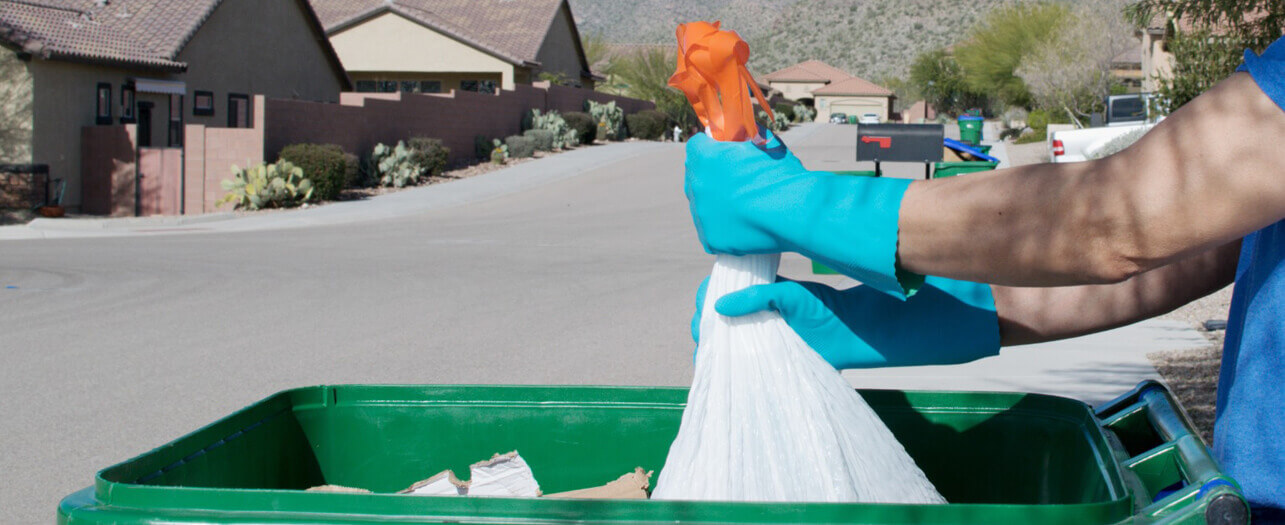Waste management has transformed into a key objective for Governments and authorities across the world, while the common public also has a vital role to play in this regard. Suitable and scientific waste disposal and the usage of garbage dustbins are vital.
There should be proper garbage bins in common areas and in every locality to reduce waste disposal on the roads and littering. You can find several options for getting hold of the best dust bins which are durable and get the job done for your locality, workplace, and other zones.
Negative Effects of Improper Waste Management
The effects of waste disposal, if done incorrectly, can be catastrophic, as can the impact of indiscriminate littering on the road, the presence of landfills, and the continual pollution of the oceans through more plastic ending up in the same.
With climate change already showing its catastrophic side on multiple occasions, it is important for every country and citizen to adopt a more scientific and effective approach to waste management.
Objective of Waste Management
-
Reducing Environmental and Health Hazards: The primary aim of waste management is to mitigate the environmental and health risks associated with indiscriminate waste disposal and the pollution of natural resources such as land, sea, and air.
-
Preventing Landfills and Ocean Pollution: Waste management focuses on preventing waste from ending up in landfills or polluting the oceans, which could lead to severe future consequences for the planet.
-
Promoting Proper Disposal: Waste management involves promoting proper disposal of garbage and waste, emphasizing the importance of disposing of waste in designated bins rather than on roads or elsewhere.
-
Hygiene Education: This includes educating citizens and communities about proper hygiene practices to discourage waste disposal in inappropriate locations.
-
Segregation of Waste: Waste management requires the segregation of waste into categories such as liquid, solid, and other types before disposal.
-
Treatment Procedures: Proper treatment procedures, based on expert recommendations and scientific studies, are implemented to manage waste effectively and safely.
It also means recycling and reutilizing waste in a bid to conserve natural resources, saving costs, and lowering the overall amount of waste that is generated. It also means combating the release of methane and other harmful gases into the atmosphere, while combating the pollution of the oceans which see huge volumes of plastic accumulating in them yearly. It also means properly tackling food waste and reducing emissions from the same.
Some of the other objectives include lowering the polluting impact of garbage/waste, especially the release of toxic gases like methane. It also means safeguarding the precious sources of groundwater and combating the pollution of soil. It also means taking steps towards future sustainability in everything, right from human health and wellness to biodiversity conservation. Hence, it should be stated that Waste management has to be done efficiently in order to follow through with its core objectives.

Simple and Practical Tips for Daily Waste Management
It should be a huge priority for individuals and authorities alike. This will help us limit the environmental damage that will otherwise impact the world massively in the future. Desperate times call for desperate measures. Hence the need to adopt innovative and intelligent waste management practices on a bigger scale.
-
Utilize Garbage Bins Effectively: Always dispose of your waste in designated garbage bins. Be mindful of segregating recyclables, organic waste, and general waste into their respective bins. This simple practice plays a vital role in the recycling process.
-
Know Your Waste Skip Locations: Familiarize yourself with the locations of waste skips or large containers in your community. If you have bulky items or larger amounts of waste, use these skips instead of leaving them by the roadside.
-
Reduce, Reuse, Recycle: Embrace the 3R's mantra: Reduce waste by making conscious choices in your purchasing habits, reuse items whenever possible, and recycle materials like paper, plastic, and glass. Dubai has a growing recycling infrastructure to support these efforts.
-
Minimize Single-Use Plastics: Reduce your consumption of single-use plastics like straws, bags, and disposable cutlery. Opt for reusable alternatives to decrease plastic waste.
-
Composting for Organic Waste: Consider starting a small composting system at home for organic waste such as kitchen scraps and garden clippings. Composting not only reduces waste but also enriches the soil for gardening.
Summing Up!
Adopting a holistic perspective towards the aims of waste management is not just an environmental necessity; is's a vital step towards creating a sustainable and thriving community. In a bustling metropolis like Dubai, where waste generation is substantial, responsible waste management practices are crucial.
Garbage bins, waste skips, and waste disposal in Dubai are not merely practical components of a waste management system; they represent the city's commitment to a cleaner, healthier, and more prosperous future. These tangible elements of waste management are the visible manifestations of a collective effort to reduce waste, recycle materials, and minimize our ecological footprint.


